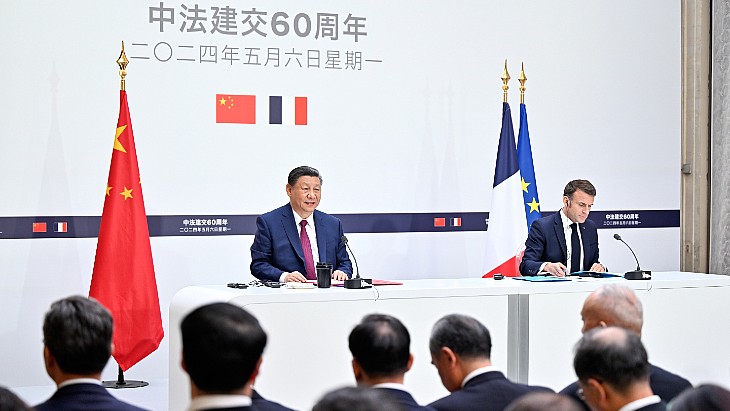Convention signed on extending lives of Doel units
 Engie - parent of Belgium's Electrabel - yesterday signed an agreement with the Belgian government that revises the tax contribution paid by the country's nuclear operators. It also allows for a ten-year life extension for units 1 and 2 of the Doel nuclear power plant.
Engie - parent of Belgium's Electrabel - yesterday signed an agreement with the Belgian government that revises the tax contribution paid by the country's nuclear operators. It also allows for a ten-year life extension for units 1 and 2 of the Doel nuclear power plant.Engie - parent of Belgium's Electrabel - yesterday signed an agreement with the Belgian government that revises the tax contribution paid by the country's nuclear operators. It also allows for a ten-year life extension for units 1 and 2 of the Doel nuclear power plant.
.jpg) |
| The Doel plant (Image: Electrabel) |
An agreement in principle was reached between Electrabel and the Belgian government in late July.
Under the convention signed yesterday, Electrabel must pay an annual fee of €20 million ($21 million) between 2016 and 2025 for the continued operation of Doel 1 and 2. The fee is to be paid into the country's energy transition fund which was created by the law of 28 June.
For the operation of the country's other power reactors - Doel units 3 and 4 and Tihange units 2 and 3 - the plant operators must pay a lump sum of €200 million ($212 million) in 2015 and €130 million ($138 million) in 2016.
For subsequent years, starting in 2017, the Belgian government will revise the contribution according to a formula that takes into account the evolution of the costs, production volumes and the price of electricity. Under the terms of the agreement, the margin applied will be 34%, with a minimum of €150 million ($159 million) per year over the 2017-2019 period.
From 2020 and every three years, the minimum contribution will be reviewed by the Commission for Regulation of Electricity and Gas based on the economic situation at that time.
Engie said the convention establishes "a stable legal and economic framework for the future". It now plans to invest €700 million ($743 million) in modernizing Doel 1 and 2 in order for them to operate for a further ten years.
It is also investing €600 million ($637 million) in Tihange 1 for its continued operation. Conditions relating to Tihange 1, whose operation was extended for ten years by the previous legislature, remain unchanged.
Belgium's Council of Ministers announced in July 2012 that Doel 1 and 2 - 433 MWe pressurized water reactors (PWRs) that have been in operation since the mid-1970s - were to close in February and December 2015, respectively, after 40 years of operation. However, last December the Council of Ministers from the new ruling coalition agreed that the two units could continue operating for a further ten years to 2025.
In early October, the Belgian nuclear regulator, the Federal Agency for Nuclear Control, approved an action plan submitted by Electrabel in April, which outlines the actions to be taken over the next decade to ensure the continued safe operation of the two 433 MWe pressurized water reactors. The plan incorporates elements related to modernization and management of aging facilities, as well as setting out a timetable and prioritizing various actions.
Under current Belgian law, nuclear power is to be phased out by 2025. Of the other units now in operation, Doel 3 and Tihange 2 look set to close when they reach the end of their 40-year lives in 2022 and 2023, with Doel 4 and Tihange 3 along with the life-extended Tihange 1 following suit in 2025.
Researched and written
by World Nuclear News









_66488.jpg)


